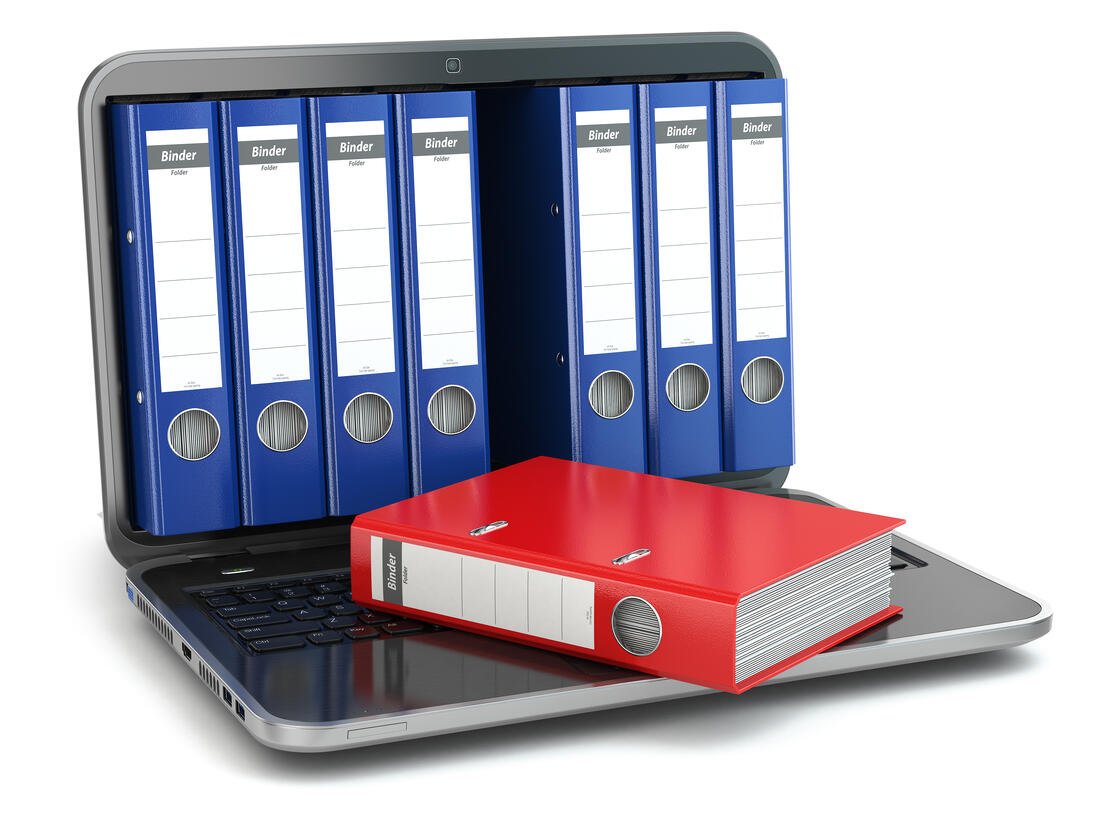
Blog / 6 Tips for Better Data Management
A few weeks ago we cleared the air about the difference between data redundancy and database redundancy. There was a lot that was covered but the basics boil down to data redundancy referring to unnecessarily duplicated records that can cause problems with data quality, while database redundancy refers to multiple intentional backups of your entire database for security and recovery reasons.
Clearly that’s not all there is to know about data, one of the most valuable resources for businesses today. That’s why this week we’re going to step away from higher-level databases and focus in on the nitty gritty of managing the actual data itself. In order to get the most value out of it as possible, we’ve brought together six of the most important things to remember when handling your data.
- Data quality
- Data accessibility
- Data hygiene
- Data protection
- Dedicated personnel
- Standardized metadata
Data quality
High-quality data is a necessity if you’re looking to leverage your data to inform future business strategies. What high quality data looks like is going to vary according to each organization’s need, but in general you should only be collecting data that is actually useful to you. There’s no point in clogging your databases with purposeless records. Make sure you’re regularly reviewing what kind of data you keep and why.
Data accessibility
There’s little point in keeping data around if it’s problematic for the right people to access, but you also don’t want every employee to have access to all your sensitive information. Whether you’re keeping a team of inhouse data personnel or have outsourced your IT to a managed services provider, make sure they know who needs access to what and why. Analytics and sales teams often need the most access, but even they don’t necessarily need to know everything about a contact.
Data hygiene
Duplicate records are likely the most common example of poor data hygiene, particularly if they’re mismatched. Correcting bad data and keeping data current (email addresses in particular are prone to “expiring”) are essential if you want your data to be useful, so it’s important to regularly review for inconsistencies and out-of-date information. We recommend monthly or quarterly (at most!) reviews of your data.
Data protection
Data is only valuable to you if you can reach it, so keeping it secure from hackers and ransomware is essential. This is especially true for organizations that keep sensitive information, which can actually be a liability if it gets leaked. Make sure you consult with a cyber security specialist (TRINUS has multiple experts on this topic) to ensure your data protection standards are compliant with all relevant governmental regulations at minimum, and preferably exceeding best practices.
Data personnel
It’s a good idea to have a small team (at least two people) dedicated to managing your database(s). These team members should be the only ones managing your database beyond basic tasks like adding new lead records. Dedicated data personnel are especially important for organizations that use multiple databases with different recovery models or backup schedules but don’t use a managed IT services provider to handle them.
Standardized metadata
Use a common standard for all your metadata across all your data so that your data preparation processes can be consistent. Standardized metadata can also provide data lineage information (the path each datum takes from its origin to your database) and promotes collaboration. The overall effect? Better productivity, flexibility, and transparency.
New data is constantly being created and harvested across the globe, and it can sometimes be overwhelming to handle. Making sure you keep only important data that it is complete, correct, current, and secure while still being easy to handle will help make sure you use it effectively.
If you have any questions about data or database management, or if you would like to refine your data management processes, contact your TRINUS account manager today.
Sincerely,
The TRINUS team,
trinustech.com

















